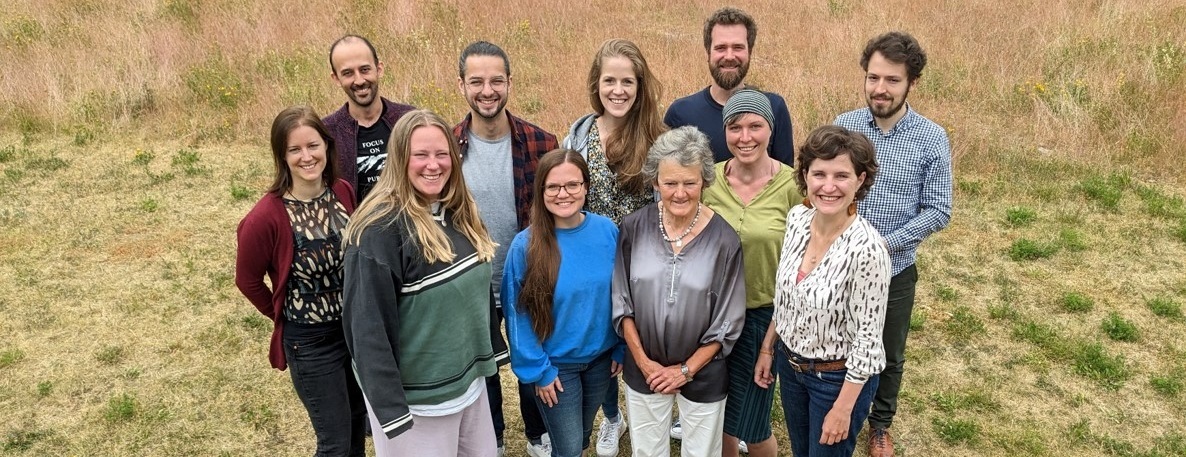Main content
Top content

Resource Management
Research profile
The Chair of Resource Management was established in October 2001 and initially supported by the German Federal Environmental Foundation with the intention of promoting innovative, interdisciplinary areas of research and teaching.
Since the establishment of the Chair, an internationally leading, interdisciplinary research program in the field of adaptive and integrative resource management of water resources and the role of social and societal learning has been established. The research program is based on the foundations of systems science, which explicitly emphasize the complex and often unpredictable dynamics of systems.
The research group deals with innovative concepts in the management of transformation processes towards sustainability, with an emphasis on an improved understanding of dynamics and the management of actor networks. This implies the development of new methods for participatory model development and management strategies. Research activities in this area take place in close collaboration with public institutions and other stakeholder groups.
One focus is on the improved representation of the human dimension in integrated models and management processes. A promising method in this context is agent-based modeling. Agents are understood as autonomous software systems that describe the behavior of social entities (individuals and organizations). A significant advantage of this method is that it allows for a more realistic representation of social and cognitive processes. Consequently, this enables the exploration of complex spatiotemporal dynamics in human-technology-environment systems and thus the development of the foundations for the management of transformation processes in such systems. Agent-based modeling is particularly well-suited for participatory model development and for application in processes of social learning with various stakeholder groups.
Another focus of the research is the development of overarching models to represent multilayered control and management systems, as well as the combination of innovative methods for comparative case study analyses.
The primary focus of application has been water resource control and management at various scales and in different geographical contexts. New integrative concepts in the field of water resource management must explicitly consider the human dimension. Adaptive, integrative management concepts are more appropriate for dealing with the complex resource management issues that society is facing. In recent years, the focus has shifted towards the concept of the water-energy-food sector.
Finally, the development of general concepts for interdisciplinary work and integrative system approaches is an important part of the research. Strengthening innovative approaches in inter- and transdisciplinary research is of particular importance in international research networks.



